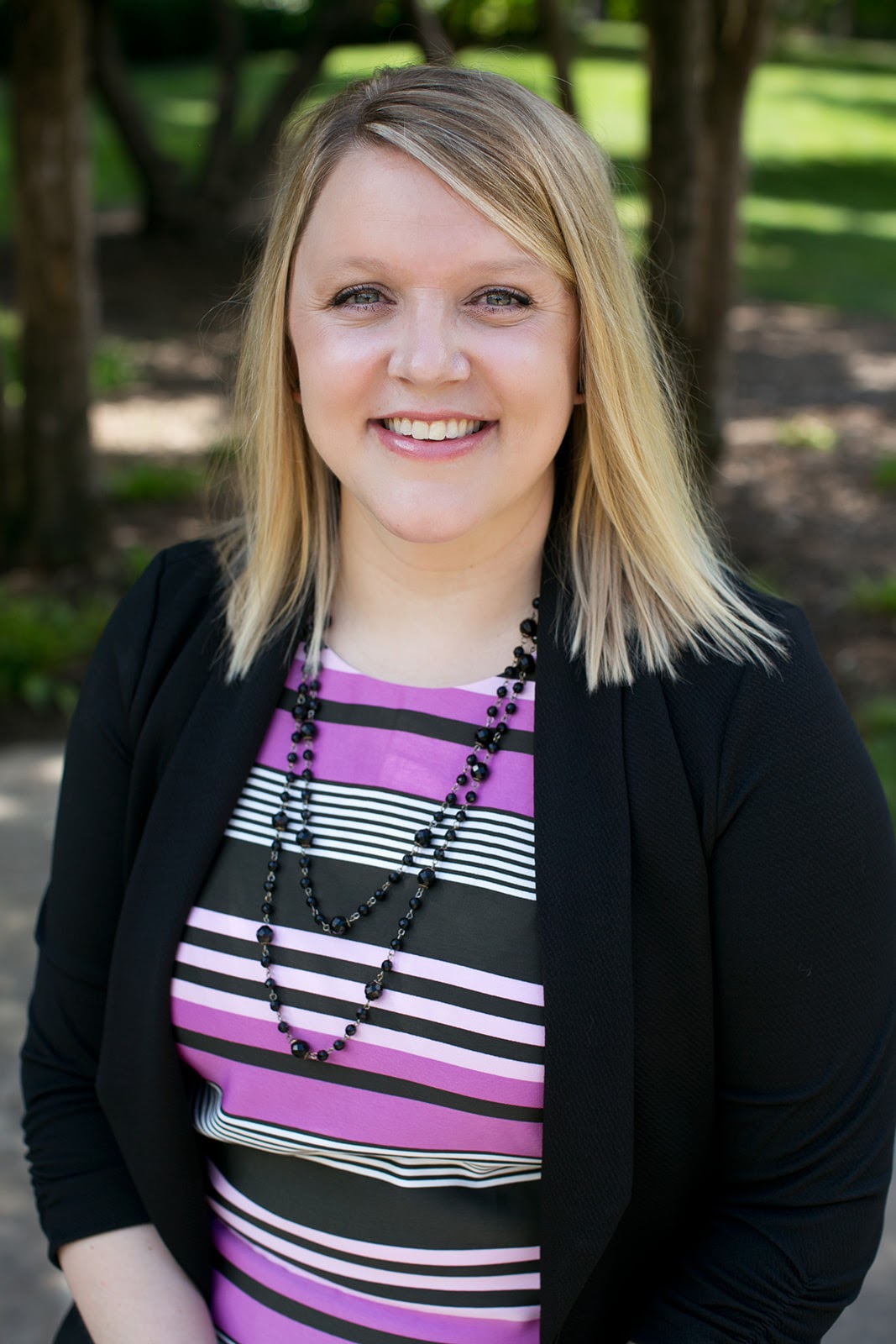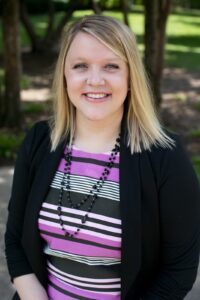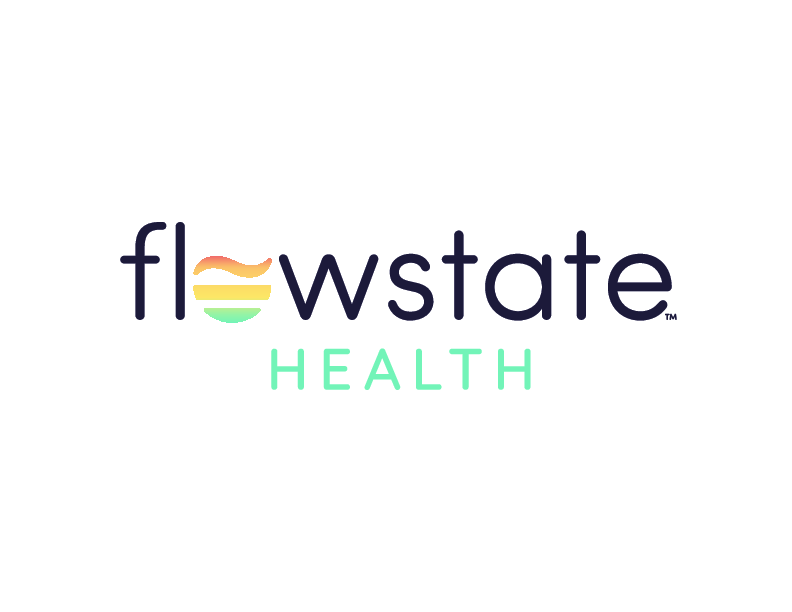Collaborative/Therapeutic Assessment: IPA Fall Conference 2023

With traditional clinical assessment, clinicians are often guided by the question, “What do I want to know?” As psychologists, we can tend to prioritize own interests and goals when determining an assessment’s purpose as well as the questions we attempt to answer. In doing so, we can overlook the client’s interests and priorities. It’s much less common for a clinician to revise the question of “What do I want to know?” to “What do you want to know?,” and focus the assessment around what is personally meaningful to the client. Additionally, traditional clinical assessment tends to prioritize the identification of what’s “wrong” with the client. However, our client’s interests are often not limited to insights into what is wrong; they also have an interest in identifying their strengths and adaptive traits.
Moreover, it can be easy for clinicians to overlook what it is like to be “in our client’s shoes,” and recognize just how unnerving and intimidating an assessment can be. Think about it—some mysterious person is asking several mysterious questions, administering a series of mysterious measures and tasks with mysterious activities and items–all the while, providing limited feedback along the way. This uncertainty can make assessment a frightening and overall negative experience for our clients, which can potentially have an adverse impact the on the quality and accuracy of the collected data as well as the quality of the relationship with the client.
In light of this, Collaborative/Therapeutic Assessment (C/TA) offers a refreshing change to the traditional clinical assessment approach. C/TA is a brief, collaborative intervention that helps clients gain insight about themselves as well as how they might address their problems in living. C/TA is co-directed by the clinician and client and prioritizes the client’s experience and observations. This type of intervention can elevate traditional assessment and build collaboration with our clients, ultimately fostering healing and personal growth.
I was first exposed to C/TA during my doctoral training, and was instantly intrigued and excited by the approach. What I particularly appreciate about C/TA is that it is a highly collaborative, client-centered approach that facilitates rapport building between the assessor and the client. This positive relationship can enhance the overall assessment experience and outcomes. It also identifies and leverages the client’s strengths along with identifying problems. This provides a much more balanced feedback for the client as well as additional ways the client might address their problems in living, and it can enhance client outcomes.
That said, C/TA can potentially be challenging to incorporate into one’s practice. For instance, C/TA can be time-consuming and requires training and skill development to effectively utilize. Additionally, I know for me personally, the thought of navigating how to bill and be reimbursed for C/TA was quite intimidating, and I was uncertain on how I could realistically incorporate C/TA into my practice on a regular basis. As a result, my use of C/TA decreased significantly after graduate school, when I no longer had the resources and freedoms that came with practicing in a training clinic.
As one can imagine, when IPA revealed the theme for the fall 2023 conference, I was thrilled to learn that its emphasis would be C/TA. Having drifted away from using C/TA in my clinical work, I hoped that this training would reinvigorate my interest in C/TA as well as inform me on how I can practically better incorporate C/TA into my practice. I am pleased to report that the conference was a complete success on these fronts.
In her training, Following the Breadcrumbs: The Basics of Collaborative/Therapeutic Assessment and How it Can Enhance Clinical Practice, Dr. Krista Brittain provided invaluable insights into the essence and significance of C/TA, explained and demonstrated how C/TA can be incorporated into one’s practice, and also empowered attendees to enhance their clinical practices, and ultimately, benefit their clients through the use of C/TA. I especially appreciated how well Dr. Brittain introduced and explained the basics of C/TA in a clear and straightforward manner as well as how she reviewed the empirical literature supporting C/TA. I also enjoyed how she guided the attendees through each of the steps of C/TA in an engaging and interactive way. Ultimately, I left the conference with a renewed understanding of, and enthusiasm for, C/TA, and I was excited to see such a powerful and effective approach be introduced to the IPA community. I now have a much clearer vision on how I can effectively utilize C/TA.
I would also like to highlight that, in addition to engaging and useful trainings and workshops, I sincerely appreciate the fantastic opportunities that IPA conferences provide to connect and network with other clinicians, researchers, and students. It is always wonderful to catch up with friends and colleagues as well as meet new people. I’m excited about, and look forward to, attending future IPA events.
Check out other upcoming IPA trainings and events here.





 IPA’s mission is to promote the science and practice of psychology for the benefit of all Iowans. Our volunteer leaders and paid contractors have been working hard in 2023 to carry out that mission in alignment with our
IPA’s mission is to promote the science and practice of psychology for the benefit of all Iowans. Our volunteer leaders and paid contractors have been working hard in 2023 to carry out that mission in alignment with our 



